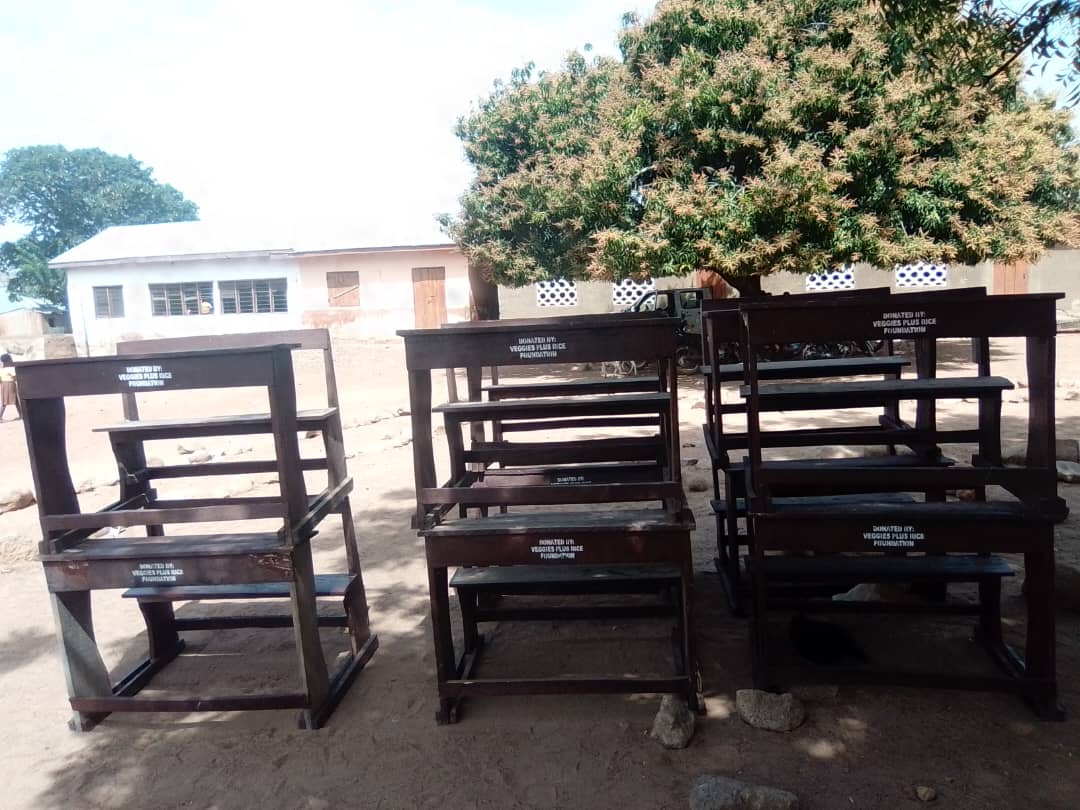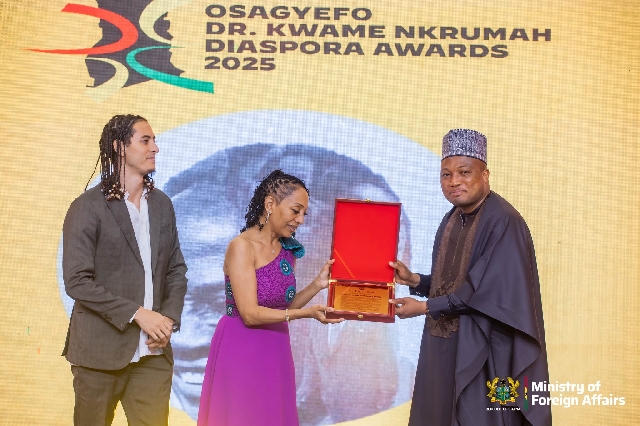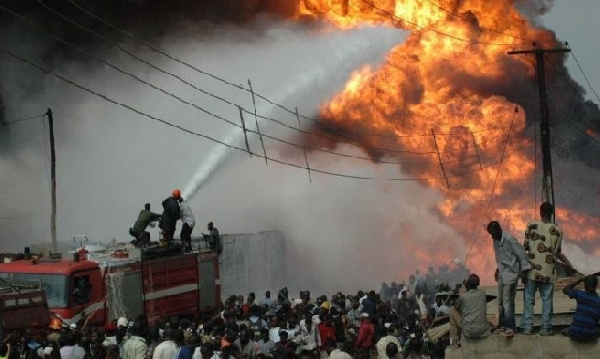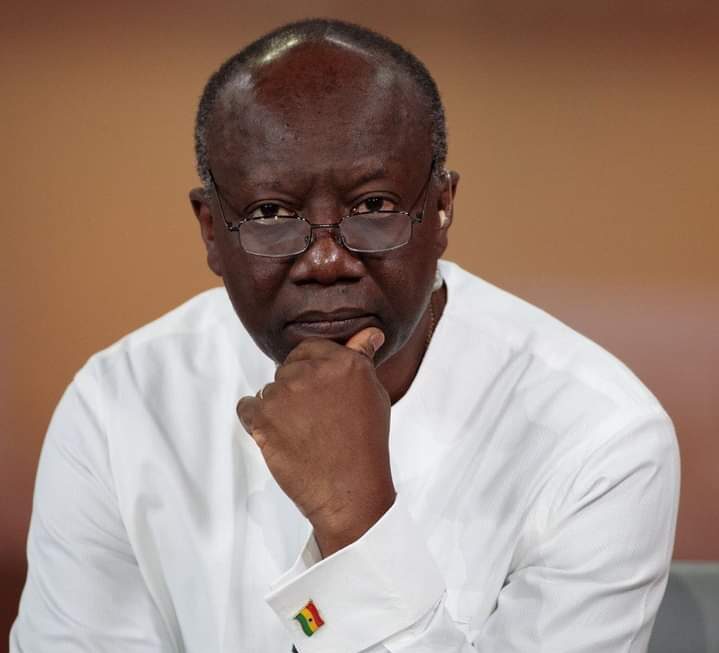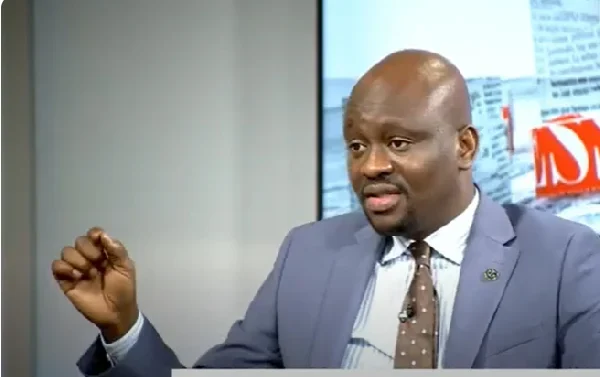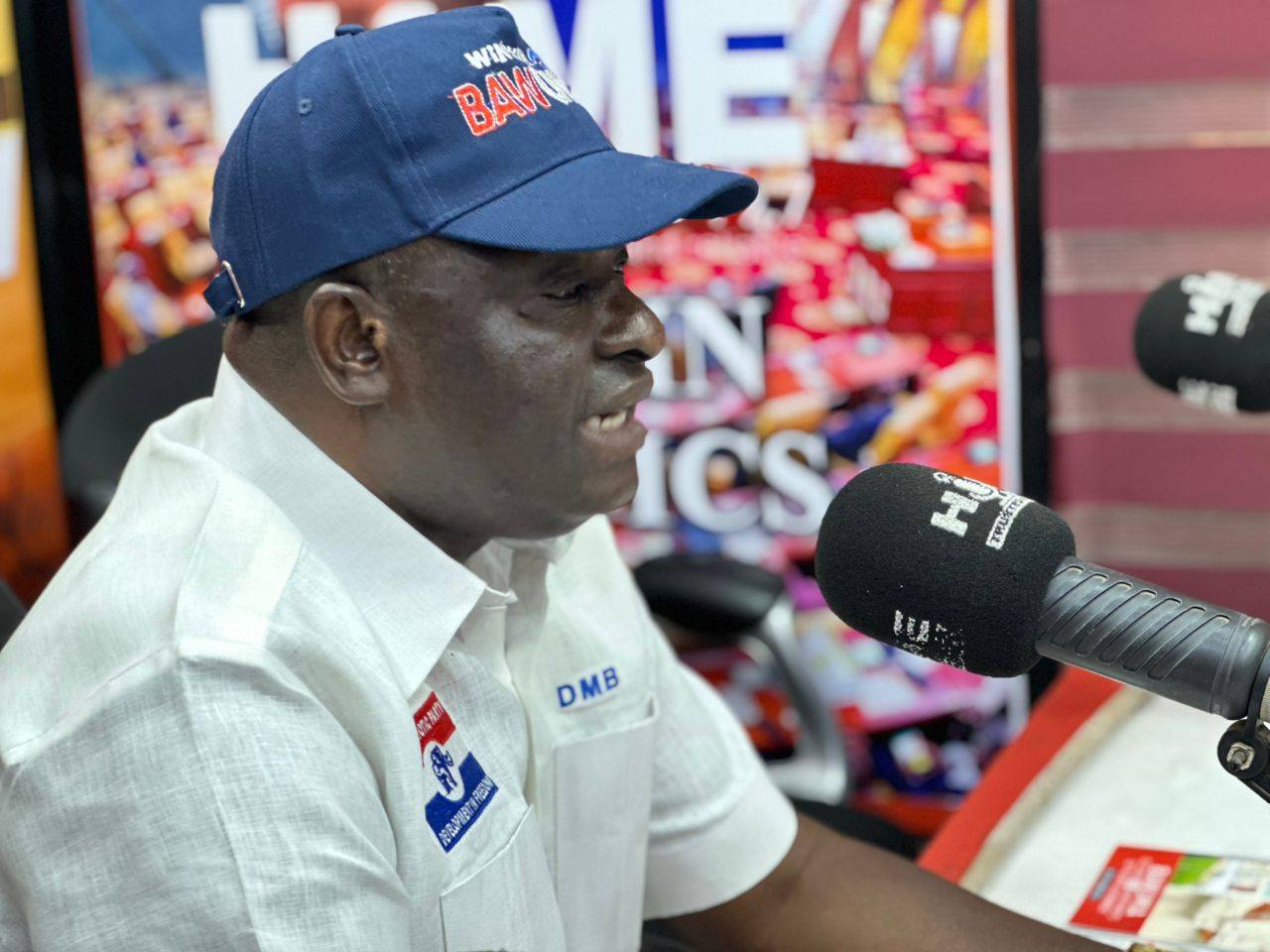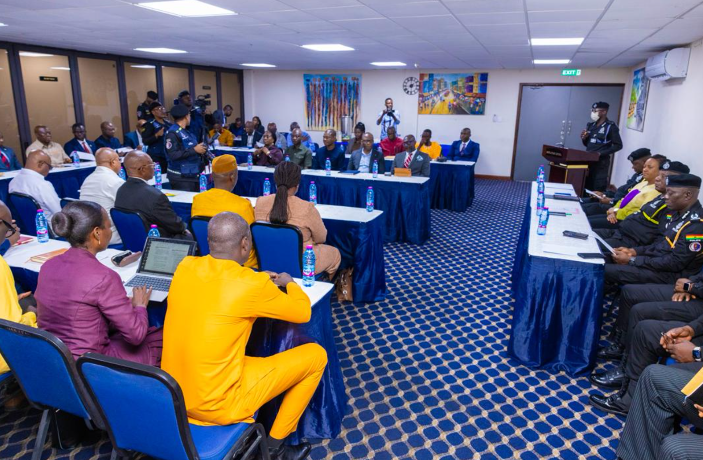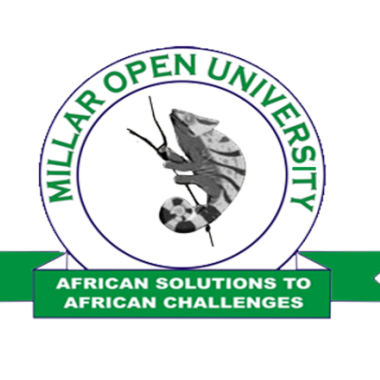On the fertile fields of the Millar Institute for Transdisciplinary and Development Studies, a quiet revolution is taking root, one that promises to transform the lives of farmers across Ghana and contribute to a greener planet. Last season, the Institute launched the Grass Biochar Experiment, an ambitious initiative to test the power of biochar as a sustainable organic fertilizer. The experiment began on a modest test farm, where researchers blended biochar into the soil and closely monitored its effects on crop growth and soil health. As the weeks unfolded, the results exceeded all expectations: crops grew stronger and healthier, soil fertility improved dramatically, and yields soared. The implications of these findings extend far beyond the test plots. Biochar, produced from plant material, offers a cost-effective and environmentally friendly alternative to traditional synthetic fertilizers. Its use not only boosts agricultural productivity and food security but also holds promise for mitigating climate change by sequestering carbon in the soil. “We are thrilled with the results of the Grass Biochar Experiment,” announced the President of the Millar Institute, reflecting the excitement spreading through the agricultural community. “Biochar has the potential to revolutionize agriculture in Ghana, and we look forward to working with farmers and stakeholders to promote its adoption.” Encouraged by these remarkable outcomes, the Millar Institute is preparing to expand the experiment. Plans are underway to collaborate with farmers throughout Ghana, tailoring biochar techniques to different environments and crop needs. This initiative is part of the Institute’s ongoing commitment to sustainable agriculture, environmental stewardship, and innovative solutions for rural livelihoods. As the Grass Biochar Experiment continues to grow, so does the hope for a more productive, resilient, and environmentally conscious agricultural sector in Ghana. The Millar Institute stands at the forefront of this movement, empowering farmers with new tools and knowledge to nurture their land—and the future. Source: Apexnewsgh.com
The MITDS Journey
In 1990, Professor David Millar, the President of the Millar Institute for Transdisciplinary and Development Studies (MITDS), had a vision to create an Open University. This vision he shared with his wife, Mrs. Lydia Mamata Millar. With great determination, they both acquired a piece of land for the school facility. Professor and Mrs. Millar worked tirelessly towards their dream, and in 2014, he officially launched the Millar Institute for Transdisciplinary and Development Studies (which he first registered Open University). He became the Foundation President of the Institute and has been its President. He firmly believed that every long journey begins with a first step and that every night ultimately gives way to a new day. Located in Yikene, a community in the Bolgatanga Municipal, MITDS quickly became known as the first private and Open University in the Upper East Region of Ghana. Despite the presence of several local universities in Ghana that have established partnerships with external universities under the Open University Concept, the landscape of tertiary education in Ghana such as MITDS was significantly influenced by Prof. Anamoah-Mensah’s report in 2006. This report challenged Ghanaian universities to transition from traditional on-campus, satellite campus, and distance learning models to Open University Systems. In response to this call, Prof. Millar and his institution, the MITDS (Millar Institute for Tertiary Development Studies), emerged as one of the first fully Ghanaian-owned institutions to address the recommendations put forth by Prof. Anamoah-Mensah. MITDS has taken steps to ensure that it operates within a duly composed and functional Council, ensuring transparent governance. Furthermore, the various structures and programs offered by the institute have obtained the necessary Accreditations Affiliation of MITDS since inception has always been granted by University for Development Studies (UDS). Hence they have since been awarding the degrees. Ghana Tertiary Education Commission (GTEC) provided the legal status of institutional accreditation and reaccreditation, program accreditation and reaccreditation, and institutional audits thus far. In 2014, MITDS was established as an institution. Four years later, in 2018, they held their first graduation ceremony for the inaugural class of students. However, the institution faced challenges in attracting students, leading to low enrollment numbers. According to records from MITDS in 2018, the student population was 105. Out of the total number, 4 students deferred their programmes and 26 were irregular for various reasons. At that time, female enrolment was 30%, which fell short of the school’s target of 50%. To address this issue, Professor Millar, the head of MITDS, announced during the graduation ceremony that they had made the decision to gradually phase out their undergraduate programs, starting with no longer accepting Level 100 or Level 200 students. This decision was described as a temporary measure, and Prof. Millar mentioned that they would assess the situation and reactivate the program if circumstances improved. Currently, MITDS is focusing on expanding their offerings of Master’s and PhD programs. To further promote research, they also actively pursued research grant opportunities that include scholarships for students. In 2018, Professor Millar enthusiastically announced that MITDS has designed and is now offering Post-Graduate Certificate Courses. These courses were developed in response to the high demand from individuals already employed and seeking career-oriented short courses. As a result, MITDS has introduced a range of six-month Post-Graduate Certificate Courses, including: – Policy and Strategy Studies – Information and Informatics – University Administration – Advanced Business Administration – International Relations – Agri-Business Studies In 2018, MITDS collaborated with the University of Bern in Switzerland and engaged in a two-year Community-based Sustainable Food Programme in Kalbeon and Gowrie-Kunkwa. Additionally, MITDS collaborated with ECOLAND Germany (BMZ) to prepare for a Diploma Programme in hands-on Organic Farming and Bio-dynamic Agriculture, which was expected to conclude in October 2021. Professor Millar expressed his satisfaction in giving back to these communities, who have been long-standing partners and social laboratories for MITDS. He also promised to continue cooperation with them whenever the opportunity arises. In response to the One District One Factory policy of the New Patriotic Party, MITDS has identified seven potential projects for implementation. We are currently working towards securing buy-ins for these projects. The projects include: The GARWASI Project (formerly known as the Grass for Charcoal Project). This project has been expanded to include the development of paper for paper bags and toilet rolls using the same technology. Expansion of the Groundnut Sector under Irrigation. Transformation of Groundnut vines into organic fertilizer. Addressing the challenges posed by Fulani Herdsmen. Transformation of the Bolgatanga Meat Factory into a multi-purpose Abattoir. Development of the Bamboo plant for the production of matchsticks and toothpicks. Linking the Wulugu Ranching project with Nasia Rice Production. Establishment of the Pwalugu multi-vegetable Factory. Implementation of the Walewale Organic Fertilizer Factor In 2022, Professor Millar and the MITDS introduced a groundbreaking innovation involving grass. During his graduation speech, Professor Millar announced that MITDS’s flagship program, aimed at promoting a grass economy in northern Ghana has resulted in remarkable accomplishments. These accomplishments include: – The development of Grass Charcoal Briquette (GARWASI PROJECT), an alternative to tree-charcoal in the pursuit of sustainable renewable energy. This project has garnered attention from the FAO, leading to the signing of a ten-month contract worth Ghs 400,000. This contract will enable the introduction of this technology to five communities on a pilot basis, with the potential to expand to twelve additional communities. – Another noteworthy milestone is the successful transformation of everyday grasses into brown paper, which can be utilized for various purposes. In 2018, the school made the exciting announcement that its second and third internal refereed journal, the Ghana Journal for Culture and Development (CULTRAD), had been released for public consumption. Additionally, during that same period, the school published four essential course books, specifically designed for the Masters and PhD programs. These books are readily available for purchase. A few years ago, the institute established a unit dedicated to editing, proofreading, and restructuring final post-graduate thesis works, particularly PhD theses, into published books. This process is similar to what is practiced
Grass Charcoal: A Hidden Gold In The Open
By Ngamegbulam Chidozie Stephen Grass, popularly known in the African circle as a nuisance grass because of its irrelevant, will soon become another raw gold, especially within the African continent. This is because nuisance grass has become a remedy for the increasing wood fuels which has a more negative impact on our society. According to government statistics, about 80 percent of households in Ghana depend directly on wood fuels (firewood, charcoal, and other biomass) for cooking. An investigation conducted by Ngamegbulam Chidozie Stephen of Apexnewsgh.com shows that citizens are moving to wood fuels products such as firewood and charcoal to be specific due to the continuous increase in the price of Liquefied Petroleum Gas (LPG), meaning the lower class of citizens can no longer afford the purchase of LPG. Charcoal is very essential as far as our cooking activities are concerned but, should we continue to allow the felling of economic trees such as rosewood and shea trees for charcoal production? Especially, if not for anything else, these trees are noted for their contribution to the economy and benefits to citizens themselves. However, aside from the economic importance of these precious trees, in this era of climate change, the felling of these trees for the production of charcoal posed a massive threat to our environment as a people. Now the question is, what is the remedy? To me, the remedy is simply “Grass” which I described as a “Hidden Gold in the Open” a commodity that is accessible to all across the African continent. In Ghana, Professor David Millar, the President of Miller Institute for Transdisciplinary and Development Studies in his own wisdom has come out with a new innovation that will address most issues ranging from bushfire burning, felling of economic trees, and creating of job opportunities for especially people in the rural area with grass as a commodity. If not for the intervention of the Ghanaian Professor, no one has thought or dreamed that nuisance grass in today’s world could be an essential commodity or source of livelihood for the ordinary African living in that rural community. Grass briquette Charcoal will surely be a replacement for wood fuels, especially as the information is gradually penetrating across, people will begin to appreciate the kind of opportunities the nuisance grass is bringing on board. When people realized that the stress of felling a tree for charcoal production is huge compared to the less stress used to produce grass charcoal, they will definitely shift their attention towards grass charcoal production. That is a fact, because no one enjoys suffering. I call on African leaders to embrace this wonderful grass-charcoal innovation by Prof. Millar which has come as a remedy for more employment opportunities for the unemployed, especially in our rural communities across the continent. The Grass-Charcoal innovation to me still remains a “Hidden Gold in the Open”. Source: Apexnewsgh.com/Ghana For publication please kindly contact us on 0256336062 or Email apexnewsgh@gmail.com
People of Upper East Region enemies of development, reasons why Upper West is ahead
:Written By Ngamegbulam Chidozie Stephen Upper East is region blessed with wonderful places especially with lots of tourist attraction areas such as Paga crocodile pond, tono dam, pikworo slave camp, Upper east regional museum, tongo hill etc. But there is no doubt, is a region deprived of important developmental and social amenities such as Regional Airport, Regional Sports Stadium, Regional Hospital, Regional Passport Office, just to mention but few. It is becoming so worrying to its patriotic citizens who actually have started asking about the crime they have committed by voting and as well making recommendations for appointments for politicians from the region who will end up disappointing them by not using their positions and office to secure good developmental projects for the region they represent. According to the people of Upper East, a region that had the opportunity of having their own flesh and blood as the Ghana Minister for Youth and Sports under the NDC John Dramani Mahama administration, isn’t supposed to be crying for none availability of a Regional Sports Stadium in 2021, especially when such a big opportunity was missed by their own selves. Meanwhile, Upper West got their stadium with 5,000 capacity in 2006. And yet, just like ‘eve’ in the bible was created from the ribs of ‘Adam’ so was Upper West created from the ribs of Upper East. A region that had their own flesh and blood as the Ghana Aviation Minister during the first batch of President Akufo-Addo/Buwumia administration isn’t supposed to be crying for not having an airport in 2021, especially when such precious opportunity was used to play politics among the same beneficiaries. Meanwhile, the people of Upper West opened their airport for commercial flight operations in October 15, 2019 with service by Africa World Airlines from Accra via Tamale using an Embraer 145 regional jet. And yet, just like ‘eve’ in the bible was created from the ribs of ‘Adam’ so was Upper West created from the ribs of Upper East. As at the time of this publication, the people Upper East still risk their lives on a daily basis traveling to Tamale the Northern regional capital for their passport application and renewal. Meanwhile, the people of the Upper West Region commissioned their Passport Application Center (PAC) in 2020. This bringing the number of Passport Application Centers across the country to 13. And yet, just like ‘eve’ in the bible was created from the ribs of ‘Adam’ so was Upper West created from the ribs of Upper East. The Upper East Regional Hospital unlike other regions has become a political ring tone for the two main political parties NDC/NPP every election year. You will be amazed when listening to party communicators from both parties arguing on whose party contributed more than each other at the ongoing renovation work at the Bolgatanga Regional Hospital. Meanwhile, 160-bed capacity Upper West Regional Hospital was made open to the general public in January 9, 2020, even after a little delay. Because President Akufo Addo earlier commissioned the US$ 52 million facility in August 2019. And yet, just like ‘eve’ in the bible was created from the ribs of ‘Adam’ so was Upper West created from the ribs of Upper East. What could be cause for the Upper East set back on development? Tribalism/Discrimination, political slavery, greed, hatred, self centered, giving positions non patriotic individuals, ethnicity superiority, literacy superiority and above all disunity were all captured as the real cause of Upper East Region set back on development. Those given opportunities must start thinking outside the box: When Mr. B goes into the office and he decides to do the same thing Mr. A was doing before leaving the office then, Mr. B is not thinking ‘OUTSIDE THE BOX’. In the Upper East Region, it appears development from the two main political parties NDC and NPP are not seeing much light of the day due to the spectacle both big parties are putting on for the region and this is a contributing factor affecting development in the region. Those from the region appointed into positions of MMDAs, regional and national must start thinking outside the box as far as development in the region is concerned. What one could describe as ‘political slavery’ is another canker bedeviling the people of the Upper East Region in terms of developmental projects, unlike some other regions such as Upper West where the people cherished development irrespective of the political party one belongs to. For the National Democratic Congress (NDC), their mentality on the ground as far as Upper East Region is also not helping matters when its comes to development. Because their mentality that the people of the Region vote for NDC come rain come shine because Upper East Region is NDC stronghold and whether they campaign or not they will surely win. Such mentality, is not helping the region in terms of development. Below is a typical example. A piece of published evidence which was reported on a local radio station A1 radio somewhere in November 23, 2020 “IF WE DON’T CAMPAIGN IN UPPER EAST, WE WILL STILL WIN – NDC SECRETARY” “The Upper East Regional Secretary of the National Democratic Congress (NDC), Donatus Akamugre Atanga, has expressed confidence that his party remains solid in the region to secure the endorsement of voters in the upcoming December 7 general elections; even if they don’t campaign in the region. “According to Mr. Akamugre, though the Upper East Region is considered a stronghold of the NDC, their continuous campaign in the region was to show appreciation to the people of the region for their undying support to the party; and not necessarily to canvas for votes”. So, this mentality by a respected Party Regional Secretary, also confirmed why development isn’t coming as expected in the region and why those elected to represent their constituencies and the region decide to sleep on their jobs. After all, whether they brought development or not next election they will come and

